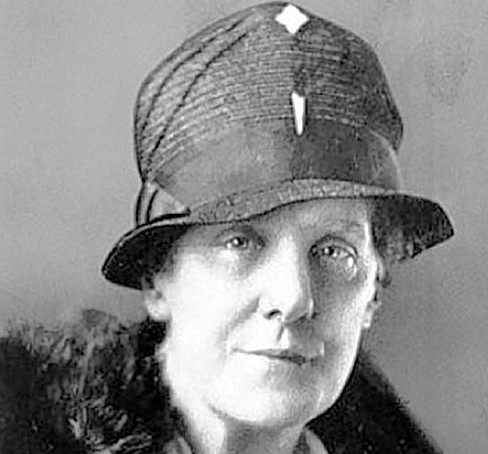
Anna M. Jarvis
By James Choung
Mother’s Day often reminds me of sentimentalities like carnations, brunches, and heart-shaped chocolate. But did you know that the day is rooted in faith and justice?
This American holiday is a relatively new one. By 1861, Julia Ward Howe was already famous for her Civil War song, “The Battle Hymn of the Republic.” But during the twelve years after writing that song, she witnessed the horrible carnage of that war. And it got to her. She was already an activist who fought for a woman’s right to vote. So she took one more step: she called for a day that would honor peace and motherhood in her Mother’s Day Proclamation of 1870. Here’s an excerpt:
We will not have great questions decided by irrelevant agencies,
Our husbands will not come to us, reeking with carnage, for caresses and applause …Blood does not wipe out dishonor,
Nor violence indicate possession.
As men have often forsaken the plough and the anvil at the summons of war,
Let women now leave all that may be left of home
For a great and earnest day of counsel.
Let them meet first, as women, to bewail and commemorate the dead.
Let them solemnly take counsel with each other as to the means
Whereby the great human family can live in peace,
Each bearing after his own time the sacred impress, not of Caesar,
But of God.
The holiday was to be celebrated on June 2nd, but it never took off. Later, however, Anna Reeves Jarvis gathered West Virginian women to keep honoring the holiday to reunite and reconcile families that were on opposing sides of the Civil War.
After she died, her daughter, Anna M. Jarvis, took up her mother’s cause. She convinced the superintendent of Andrew’s Methodist Church, where her mother served the Sunday school for 20 years, to hold a memorial in her mother’s honor and for peace. So on May 10, 1908, the first Mother’s Day celebration was held with 407 people, complete with arrangements of carnations — her mother’s favorite flower.
By 1909, 46 states were holding Mother’s Day services, and in 1914, President Woodrow Wilson made it a national holiday.
So, the holiday started with Christian women who were justice advocates fighting for a woman’s right to vote, who were also tired of bloodshed and sought for peace, who also helped families reconcile with each other, and through this holiday, followed an old, old biblical command to “honor your father and mother.” Not too shabby, eh?
Next year, I hope (though probably to no avail) that Hallmark pulls these themes — peace, justice, reconciliation and faith — back together for a series of Mother’s Day cards. In that way, we’d remember afresh what holidays — “holy days” — were set apart to be.

Sign up to receive our blog posts via e-mail and get instant access to our APE Library with videos, seminars, leaders notes, and more.


What a great post James! I never knew that history of Mothers’ Day, and what a powerful quote from the Proclamation. Seems like Julia Ward Howe and Shane Claiborne would have gotten along. Thanks for the deeper look behind an often cliche holiday. I wish we could get to that place for more of our holidays as well.
I just found out as I was preparing for our Mother’s Day church service — it floored me, and we should be telling this story more and more.